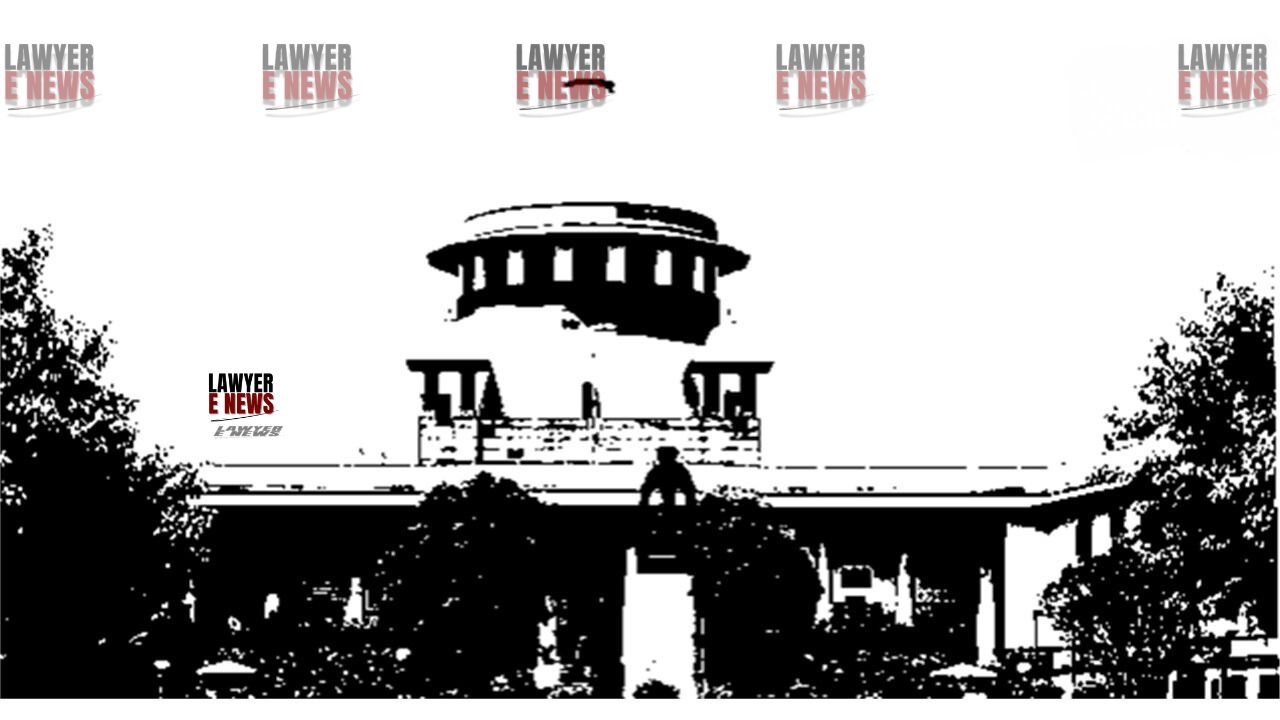-
by sayum
14 February 2026 2:22 PM



The Supreme Court of India, in a recent ruling, overturned the Patna High Court's order imposing impractical conditions for granting pre-arrest bail in a matrimonial dispute involving allegations under Section 498A of the Indian Penal Code and the Dowry Prohibition Act. The bench, comprising Justices C.T. Ravikumar and Prashant Kumar Mishra, emphasized that bail conditions must be reasonable and not infringe on the fundamental rights of the accused.
The case stemmed from a complaint filed by the appellant’s wife, alleging dowry harassment under Section 498A IPC and Section 4 of the Dowry Prohibition Act. The appellant initially sought pre-arrest bail from the Sessions Court, which was denied, prompting an appeal to the Patna High Court. The High Court granted provisional pre-arrest bail but with conditions that required the appellant to submit an affidavit promising to fulfill all physical and financial needs of his wife, without interference from his family.
The Supreme Court expressed concern over the imposition of impractical conditions by the High Court, noting that such conditions could infringe upon the personal liberty of the accused and violate the principle of justice. The court referred to the maxim "Lex non cogit ad impossibilia" (the law does not compel a man to do what he cannot possibly perform) to underscore the unreasonableness of the conditions imposed.
The bench remarked, "Conditions must be realistic and achievable; imposing conditions that are virtually impossible to comply with not only undermines the purpose of bail but also puts undue pressure on the accused, potentially violating their constitutional rights."
The court cited several precedents, including the landmark decision in Gurbaksh Singh Sibbia v. State of Punjab, which cautioned against imposing excessive conditions for bail. The judgment reiterated that the primary purpose of bail conditions should be to secure the presence of the accused and ensure a fair trial, not to impose undue hardships.
Justice Ravikumar, delivering the judgment, observed, "Conditions for bail, particularly in matrimonial disputes, should aim to facilitate reconciliation, not exacerbate the conflict. The High Court’s condition requiring the appellant to unconditionally fulfill all physical and financial requirements of the complainant was neither practical nor conducive to restoring domestic harmony."
By setting aside the High Court's impractical conditions, the Supreme Court reinforced the importance of fair and reasonable bail conditions, particularly in cases involving matrimonial discord. The judgment serves as a critical reminder to lower courts to exercise caution in imposing bail conditions, ensuring they do not violate the constitutional rights of the accused while still fulfilling the purpose of securing justice.
Date of Decision: August 2, 2024
Sudeep Chatterjee vs. The State of Bihar & Anr.
